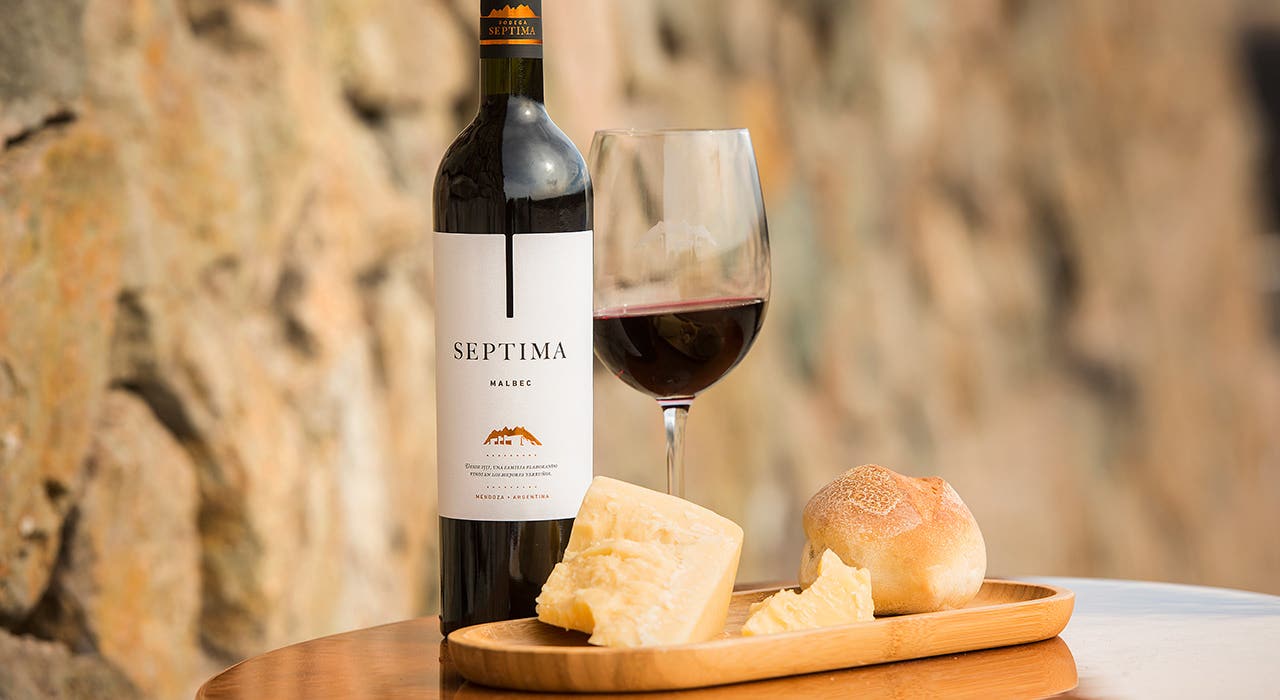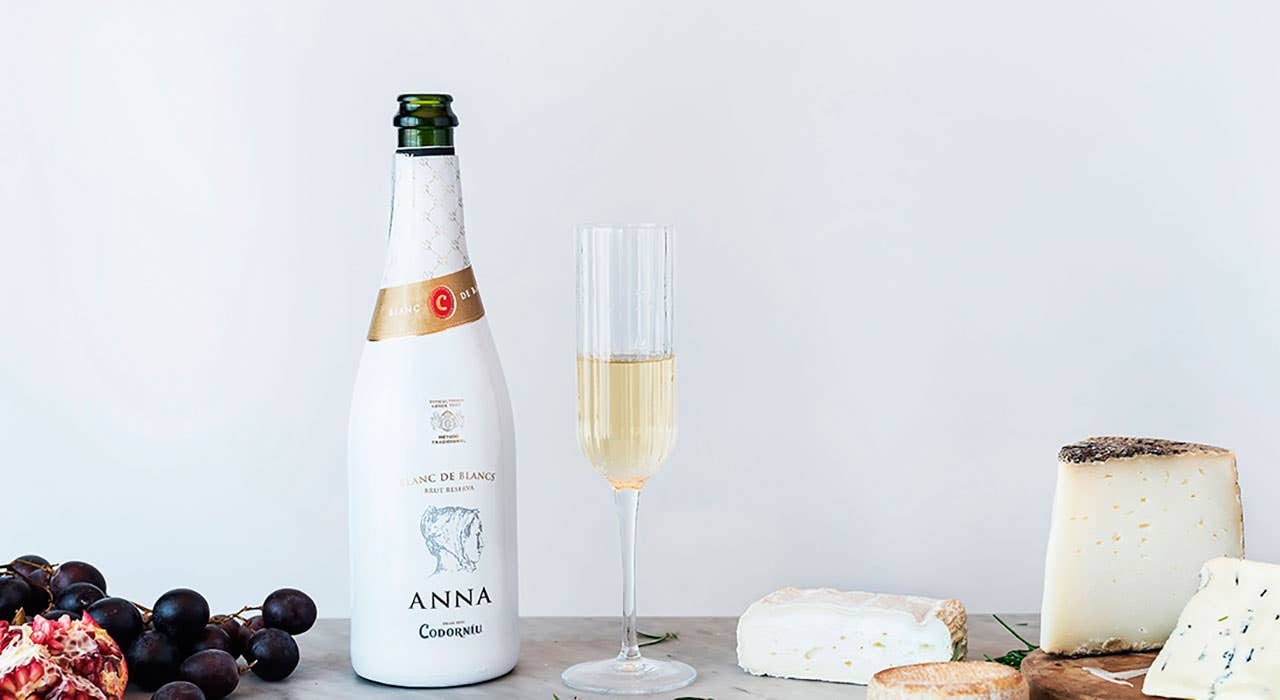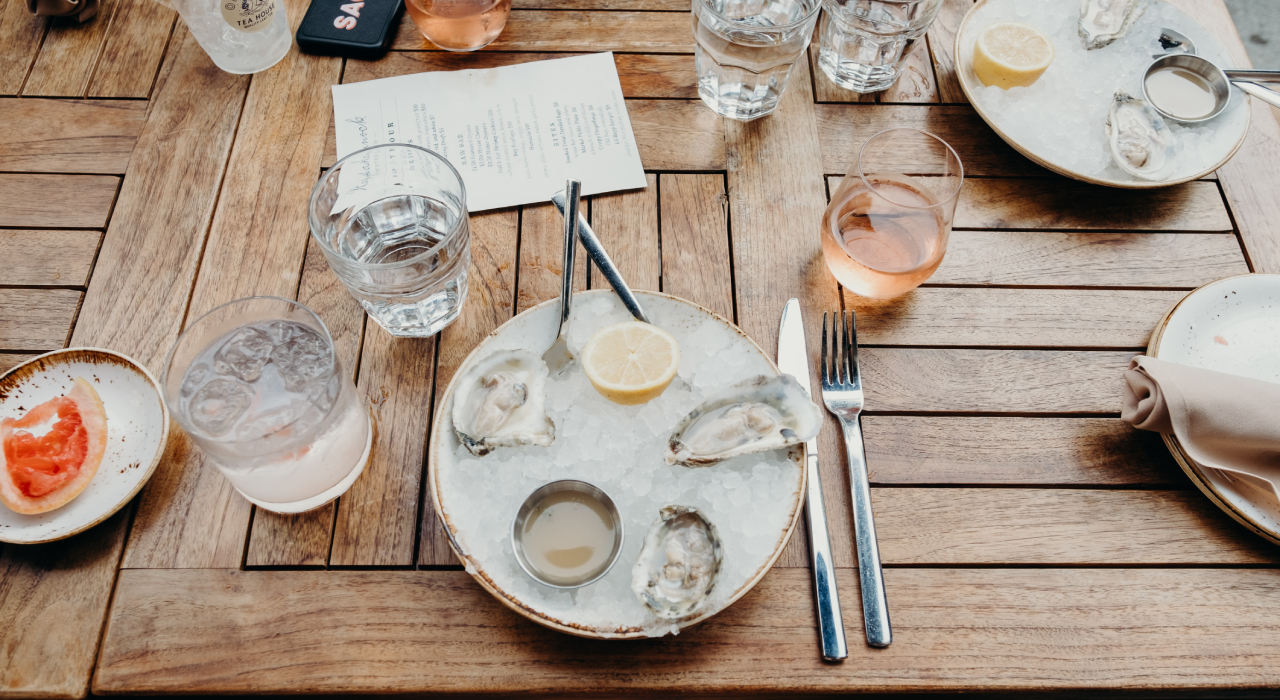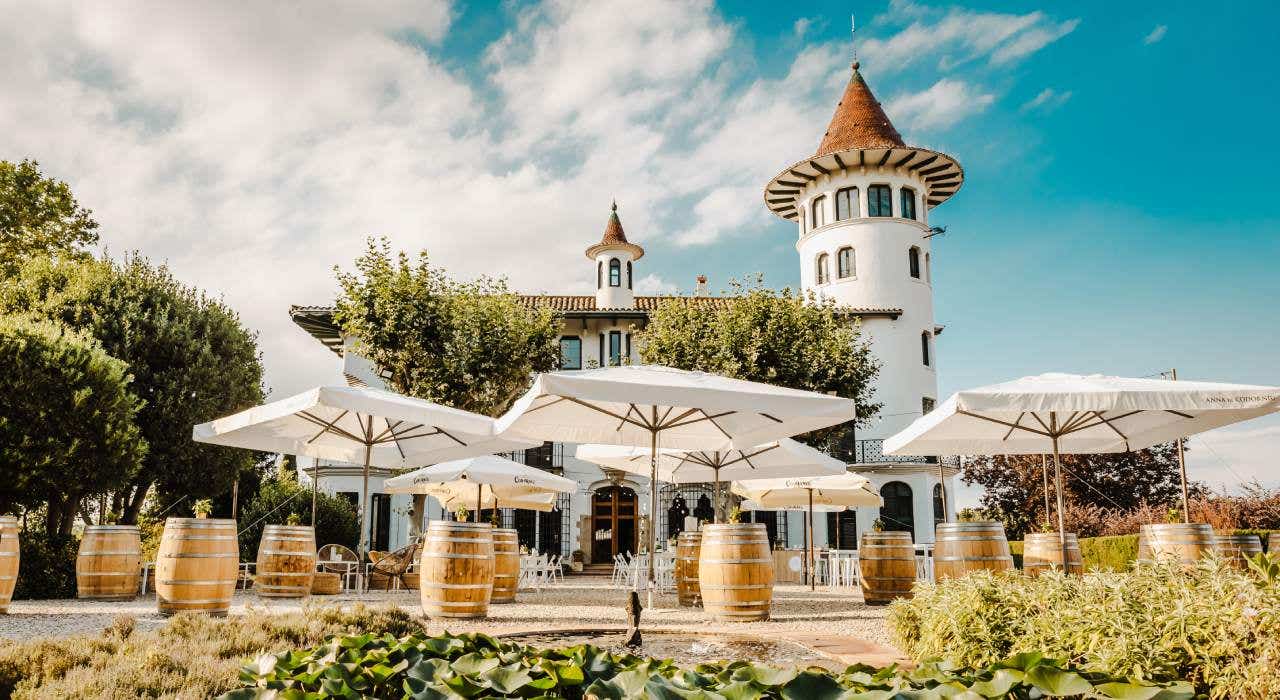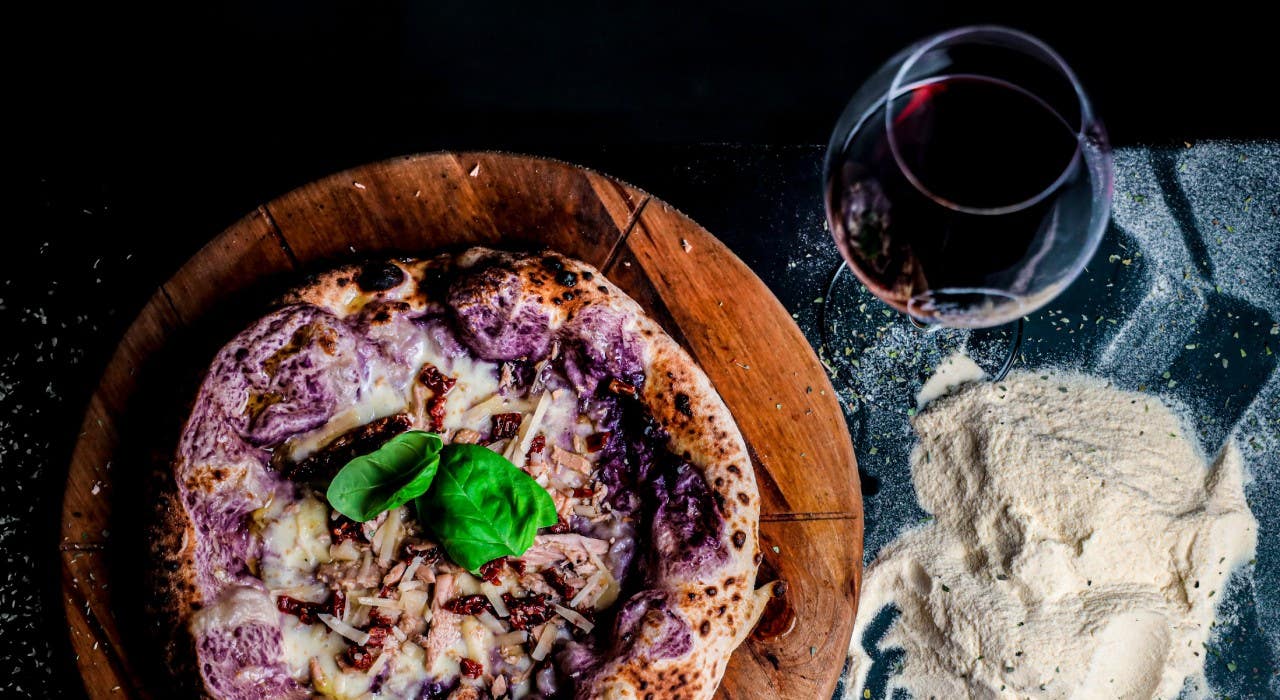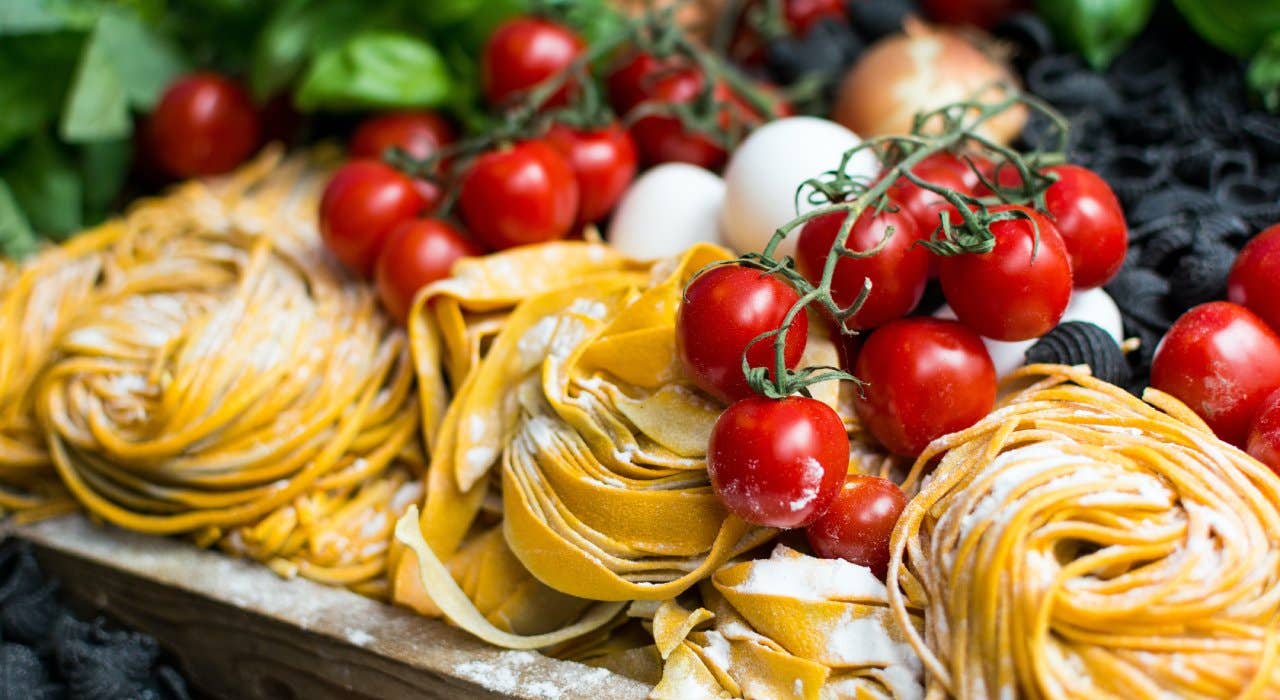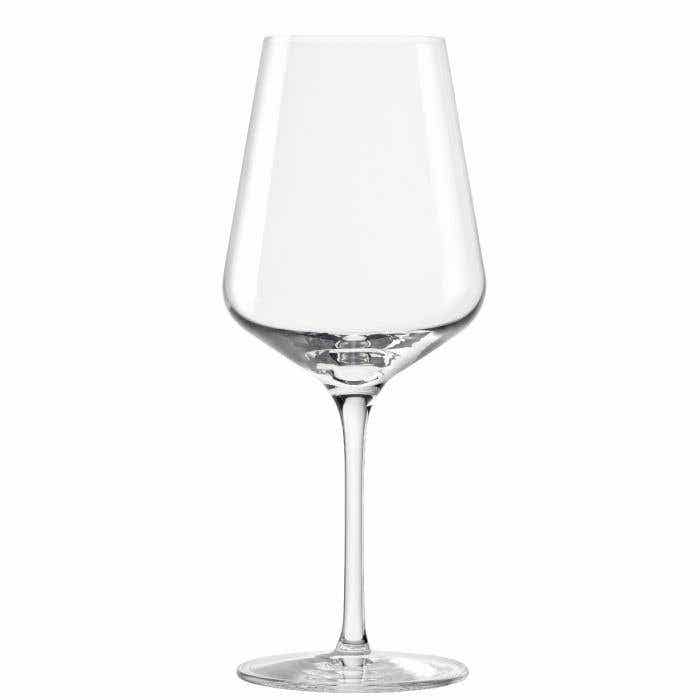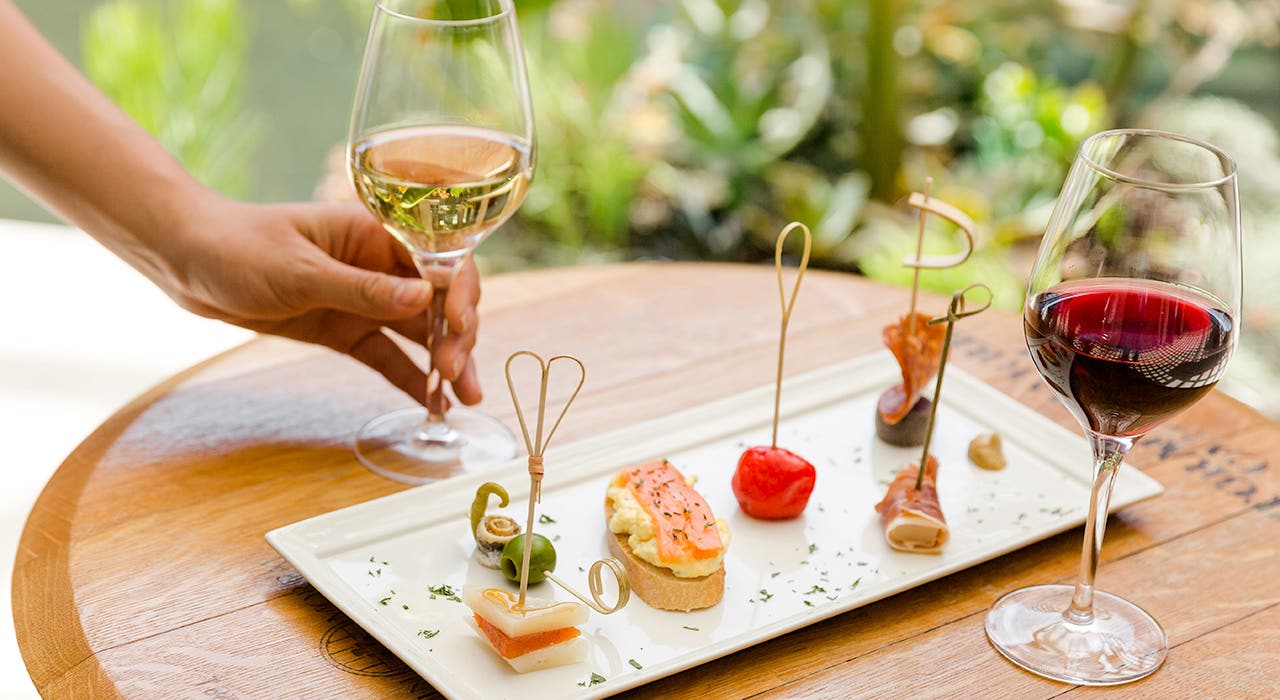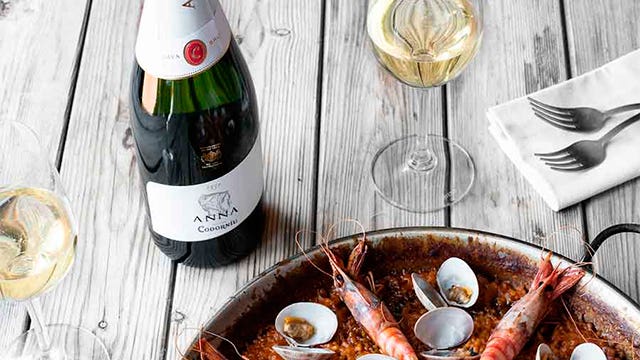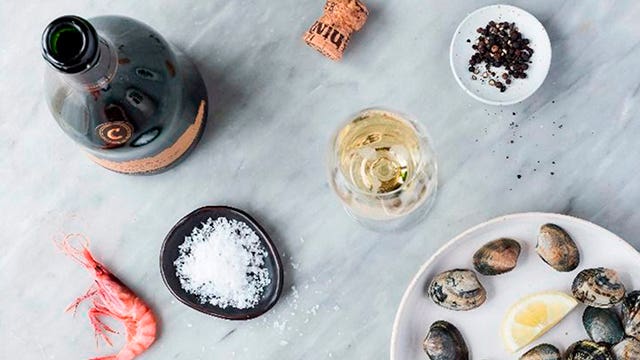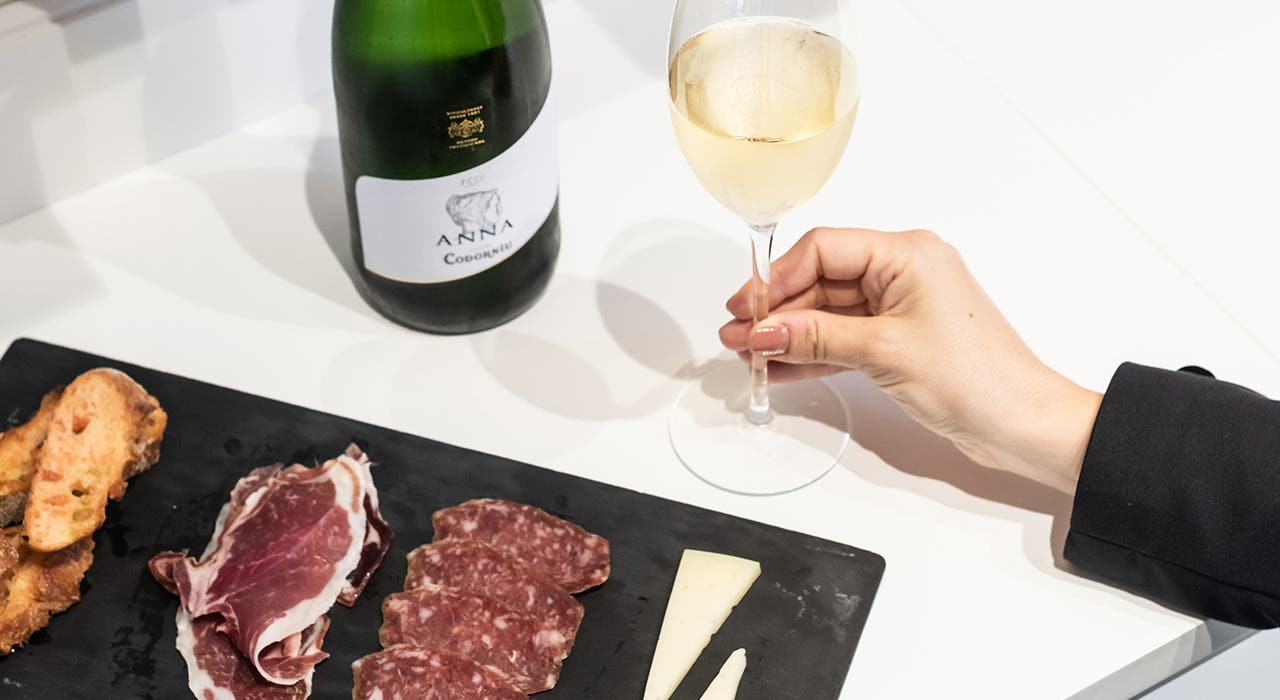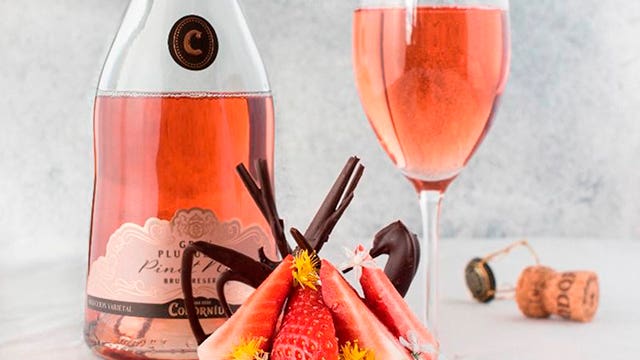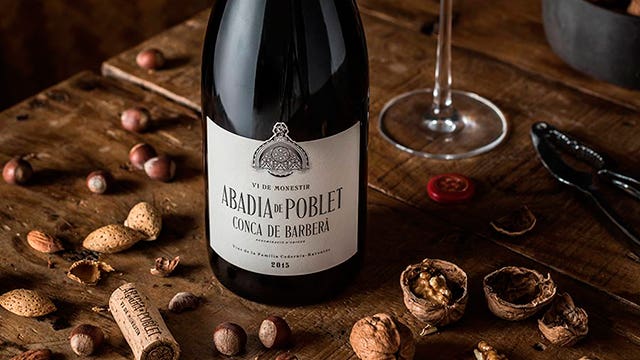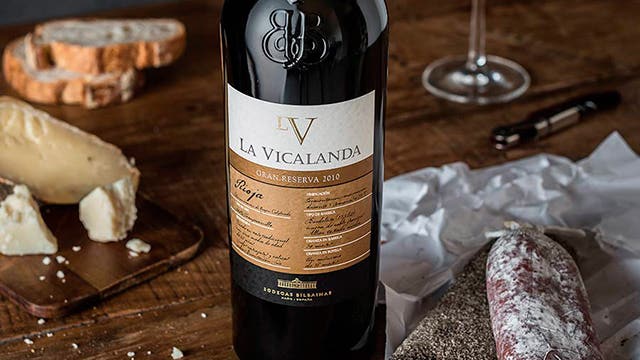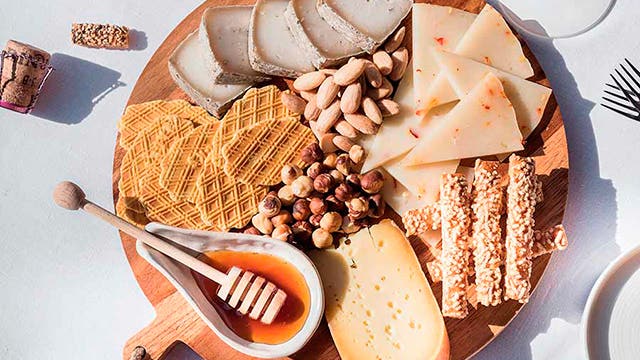Intimate enemies: some foods that don't go well with wine
In a science like that of enogastronomic combinations, in which set laws have not validity and absolute truths have no place, it is equally true that some ingredients simply contradict with certain types of wine. They are the "culprits;" the fateful “misalignments” on which it is better not to insist too much.
Artichokes, for example, do not combine with practically any wine. Perhaps they could go with a young rosé with plenty of acidity if the vegetable has been cooked previously. If it's raw, nothing can combine with it.
Vinegar is another of the great enemies of fine wines, despite the fact that the two do indeed have family ties. By extension, a salad generously dressed with vinegar can become an obstacle to wine enjoyment. That’s why many great wine lovers prefer to dress their salads with a few drops of lemon juice.
Also enemy to wine’s faithful expression on the palate are products such as paprika, onion, and garlic. The latter, especially if eaten raw, is able to completely take apart the fragrance of white wines and wreak havoc on the tannins of red wines, especially if the wine is young. Therefore, the only suitable companion for Aioli sauce is a glass of water. Or a jug of water, preferably.
The onion is less dangerous, because its extreme acidity can be controlled by washing it in water for a few minutes. Celery attacks specifically how sparkling wines taste, although it can coexist with a glass of an aromatic white wine. And, watercress enhances the astringency of certain red wines.
Also eggs, depending on how they are made, can impair how some types of wine are expressed on the palate. Egg yolk, because of its peculiar texture, destroys almost all white wines. On the other hand, Spanish omelette and scrambled eggs can work very well together with young reds. Some recipes even boldly link certain wines with eggs: this is the case of the Italian Zabaione (which mixes Marsala with egg yolk and sugar) or poached eggs in Burgundian style.
Some picky specialists also try to include smoked foods among those harmful for wine, an attitude that others, like ourselves, do not share. Of course, to properly neutralize the salty nuances that dominate in this type of food, wines must be selected accurately: trout and salmon are associated with white wines, such as Legaris Verdejo 2020; cured beef like cecina and bresaola can accept a young red wine or even a fleshy wine like Yellow Tail Merlot.
Only experience and a lack of preconceived notions can lead to the most sublime pairings.


